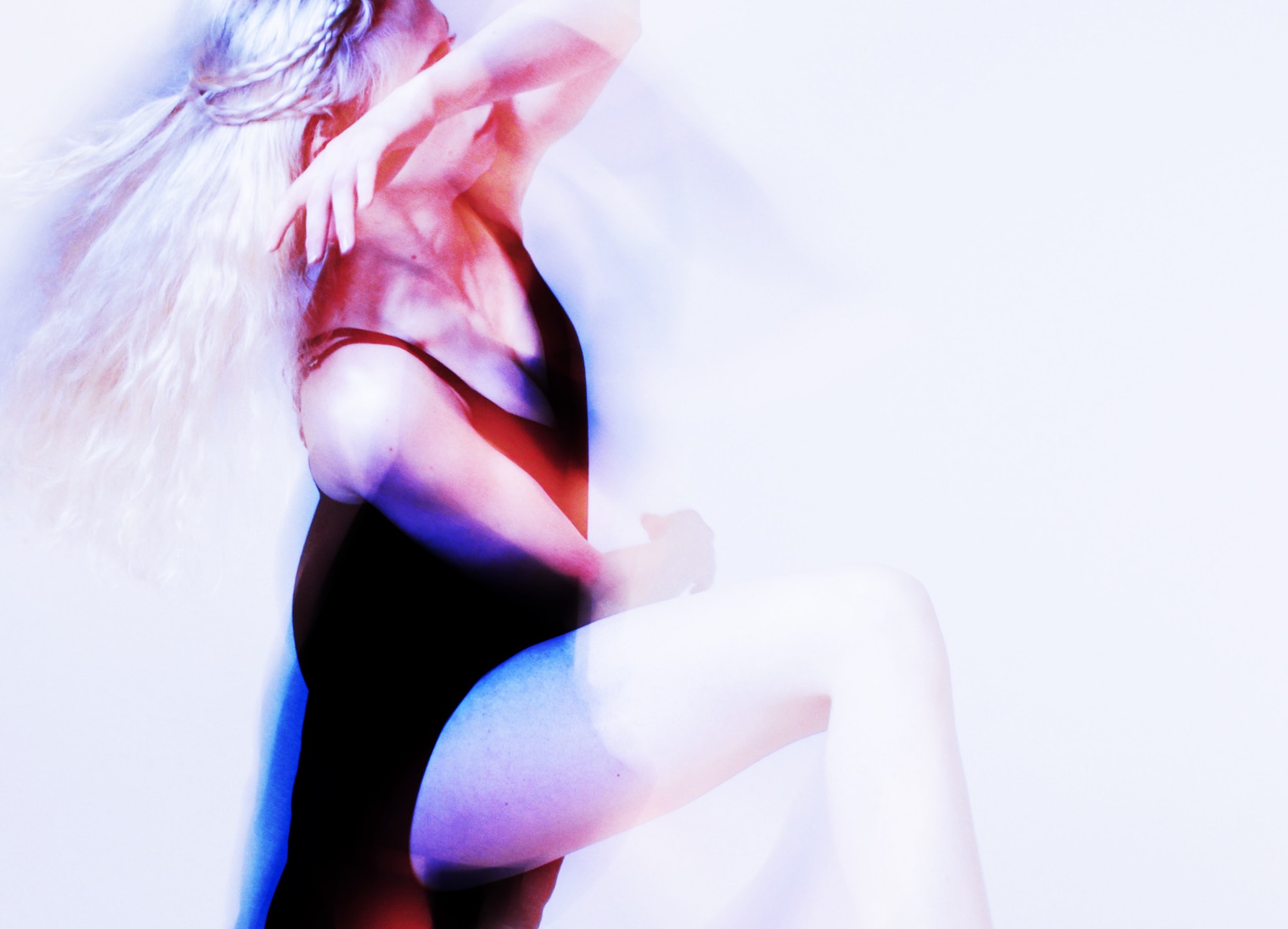
14 Sep Should You Worry About Your Anxiety?
Most ballet dancers are no stranger to anxiety. They are more likely to see a psychologist because of anxiety than anything else. Dancers feel more anxious when they are taking on new roles. They wonder how they will be received at an audition. This anxiety can affect seasoned dancers as well as rookie ballet dancers. Anxiety is an irrational fear that attacks perfectionists worse than other people. A little anxiety gives you an adrenalin rush, but it can also be debilitating; destroying your confidence and even affecting the quality of your performance. Ballet dancers are constantly facing stressful situations like auditions, stage fright, contract renewals, and casting calls. They must learn how to discern anxiety and consciously find ways to manage it.
Dancers want to please their audience by performing for them. While this is a normal desire for a dancer, it also causes anxiety. The symptoms of anxiety are both physical and mental. Physically dancing may manifest as a faster heartbeat, shaking, stomach pains, difficulty with concentration, headaches, sweating, diarrhea, lack of sleep, or short breath. The mental symptoms of anxiety may include alarm, terror, or an expectation of failure. The symptoms of anxiety vary from one individual to another, but typically you will find a combination of physical and mental symptoms.
Many ballet dancers are more vulnerable to anxiety when they feel uncertain about their professional future. They could be trying to make the leap from a student to a professional ballerina. This anxiety for the future is so bad because it robs them of the present. Perfectionism and ambition are certainly positive qualities for a professional dancer. These same qualities can also cause a debilitating anxiety.
Work-Life Balance
It is more difficult to handle anxiety when your body is exhausted. Keeping anxiety in check begins with some basic measures to enhance both physical and mental wellness. Getting enough sleep, eating highly nutritional food, building healthy friendships, and hobbies all build your resilience to anxiety.
Coping Strategies
When you are backstage getting ready for a huge performance, breathing techniques and visualization can bring calm. Breathe deeply and visualize yourself handling things well. This curbs the rapid heart rate and shallow breathing. Suffering from anxiety for a longer time may be a sign that you are in the wrong training program or company for you. Sometimes it might be best to look into other programs that you are better suited for. Every dancing company has its own unique character.
Seeking Help
Should you seek help for your anxiety? Obviously there is a degree of anxiety that is not abnormal. Some people are naturally more prone to anxiety than others. There is a whole range in between shortness of breath and vomiting before a big performance. The milder the symptoms, the more likely you are dealing with ‘normal’ anxiety that may not necessarily require professional help. If you find that the symptoms of anxiety do not reduce over time, it might be a good idea to seek help. Examine the frequency, severity, and longevity of symptoms. Do your bouts of anxiety force you to miss out on performances, training, or auditions? If so, it might be a good idea to see a professional.
A Positive Outlook
Too many dancers are overly critical of themselves which makes them prone to harmful anxiety. Focusing your mental energies on capitalizing on your strengths instead of fixating on your weaknesses gives you a better perspective for fighting anxiety. No dancer can deliver their best performance on a daily basis. Allow yourself to have a few bad days. Let go of things you cannot control. It does not help to worry that there are too few open slots at an audition.
